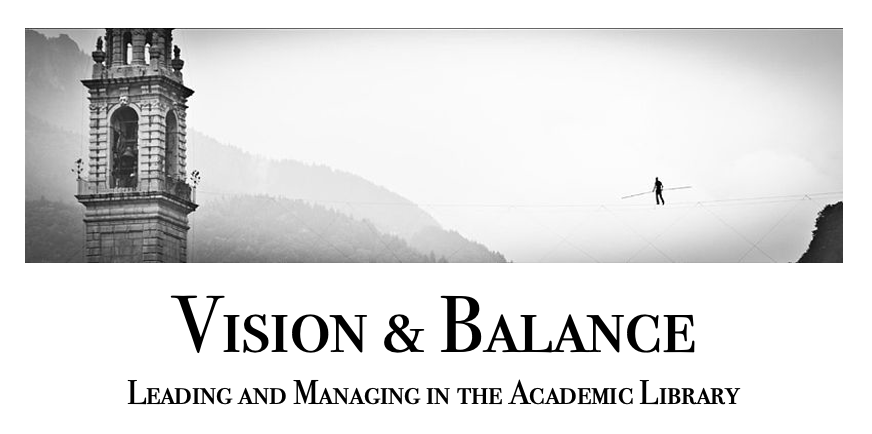When you were a child, there’s a very good chance that you were told by your parents to do something you didn’t want to do. And there’s a very good chance that you asked why you had to do it, and a very good chance that, at some point (perhaps often, and maybe it felt like every time) the answer you got was “Because I said so.” And there’s a very good chance you hated that answer, and for a very good reason: it’s a terrible answer.
Now, speaking as a parent and as someone who has nothing but empathy for other parents, I do recognize that sometimes that phrase is not the answer of first resort – sometimes it comes after an interminable exchange with your child during which you offered many very good reasons, none of which was deemed acceptable by your child, and that in those cases “Because I said so” may simply have been the only way to end an unproductive exchange.
The problem, though, is that no matter how justified you are as a parent in using the “Because I said so” gambit, it’s still a terrible answer. And if it’s a terrible-but-sometimes-necessary answer when dealing with, say, a seven-year-old, it’s a terrible-bordering-on-never-appropriate answer when dealing with professional adults.
Of course, as leaders dealing with professional adults, we almost never use the actual phrase “Because I said so.” But we often do find ourselves tempted to do what is functionally the same thing, by refusing to explain our decisions.
Why?
Very occasionally, it’s because there is a genuine reason for not explaining. The decision may have been informed by a sensitive personnel issue that can’t be shared, or by a confidential institutional situation that you can’t reveal. But that’s not the case with the great majority of decisions you make as a leader. Most can be explained, and should be – for multiple reasons.
Reason #1: Banking Political Capital. Earlier I wrote about the importance of defaulting to transparency, and explained that one reason for doing so is that by being transparent as a matter of course, the leader builds a fund of essential political capital with her team – a fund that can then be drawn upon, when necessary, in a moment when she needs to say “I can’t be transparent in this moment; I need you to trust me.” The leader who defaults to “Because I said so,” however, never builds that fund of political capital, and will eventually lose her people’s trust.
Reason #2: Effectiveness. Your team will function better if they understand the reasons they’re being asked to do things, and if they understand their leaders are doing the things they’re doing. Reasons provide context, and understanding context equips people to deal more effectively with ambiguity and unexpected roadblocks.
Reason #3: Fairness. At a fundamental level, it’s not fair to issue instructions without telling people why. Now in some contexts, of course, it may be necessary. In the heat of battle, a commanding office can’t lead a discussion group every time he issues an order; during an emergency in the library, people may need to just do what they’re told in the moment and then seek deeper understanding later. But let’s be honest: in a library context, such situations are relatively rare. And again, a leader who has established a pattern of working with openness and transparency will have much more luck getting her team to respond with trust when a moment arises that requires unquestioned compliance.
Why do some leaders resist telling people “why”? In my experience, it’s usually for bad reasons. Sometimes they don’t like explaining their decisions because information is power and they want to keep that power for themselves; sometimes it’s because they know they can’t justify their decision on a rational or ethical basis; sometimes it’s because they genuinely aren’t sure what led them to their decision and don’t want to have to examine their own thought processes too closely.
But whatever the reason, a library leader who routinely refuses to explain his decisions to the people he leads is going to end up hurting them, himself, and the institution and patrons they all serve.
Don’t Just Tell People “What” – Tell Them “Why”
Remember when you were a kid, and you asked your mom or dad why you had to do something, and the answer was “Because I said so”? Remember how much you hated that? Well, guess what: being a leader means you have the chance to do better.
